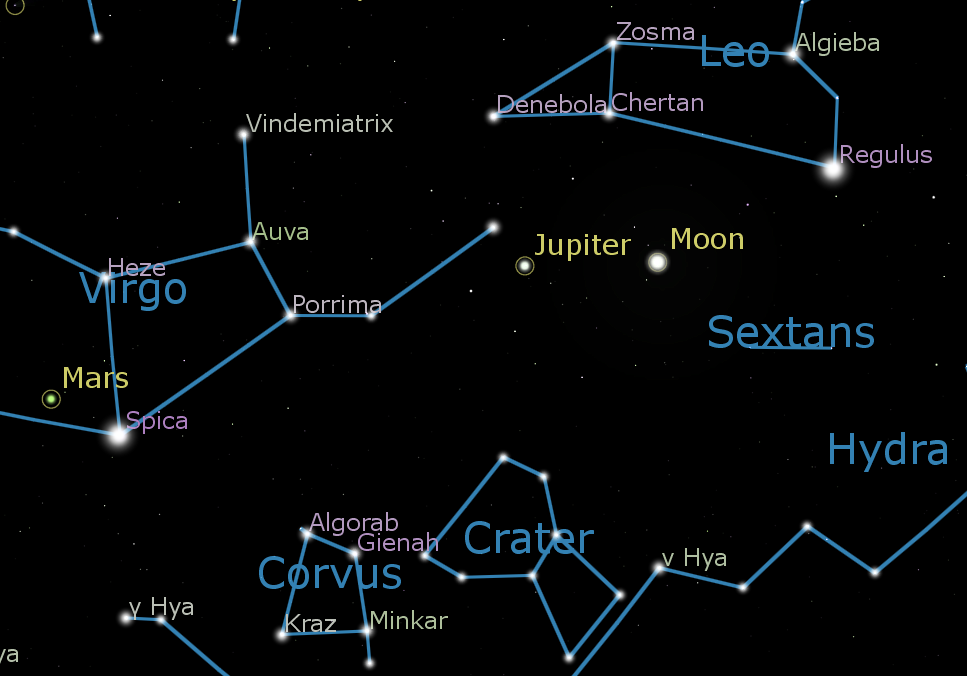
Astrology and Science: Unraveling the Cosmic Connection
Astrology, the ancient practice of divining information about human affairs and natural phenomena based on the positions and movements of celestial bodies, has fascinated humans for centuries. While astrology has a rich history and cultural significance, its compatibility with scientific principles has long been a subject of debate. In this exploration, we delve into what science has to say about astrology, examining the evidence, criticisms, and the intricate relationship between the celestial and scientific realms.
The Basics of Astrology
To understand the scientific perspective on astrology, it’s essential to grasp the basics of this ancient practice. Astrology revolves around the belief that the positions of celestial bodies at the time of a person’s birth can influence their personality, behavior, and even destiny. Twelve zodiac signs, each associated with specific traits, form the foundation of astrological readings.
Astrology and Astronomy: A Historical Connection
In ancient times, astronomy and astrology were inseparable. Early astronomers observed the skies to track celestial events, and this knowledge often intertwined with astrological interpretations. Over the centuries, however, the two disciplines gradually diverged as astronomy embraced a scientific approach focused on empirical evidence and mathematical precision.
Scientific Criticisms of Astrology
One of the primary criticisms leveled against astrology by the scientific community is the lack of empirical evidence supporting its core claims. Scientific investigations have consistently failed to find a causal relationship between celestial positions and personality traits. Additionally, astrological predictions often lack specificity, making it challenging to subject them to rigorous testing.
The Barnum Effect and Astrological Readings
The Barnum Effect, named after showman P.T. Barnum, refers to the tendency of individuals to accept vague and general statements as highly accurate descriptions of themselves. Some argue that astrological readings often rely on this psychological phenomenon, providing individuals with generic information that seems tailored to their unique personalities.
The Role of Confirmation Bias
Confirmation bias, the tendency to favor information that confirms pre-existing beliefs, plays a crucial role in how people perceive astrological predictions. Individuals may remember instances where astrological insights seemed accurate while dismissing those that did not align, reinforcing a belief in the system.
Scientific Studies on Astrology
Numerous scientific studies have sought to evaluate the validity of astrological claims. However, the results have consistently fallen short of establishing a scientifically robust connection. Double-blind experiments, where astrologers were unable to match personality profiles with astrological charts better than chance, have cast doubt on the accuracy of astrological predictions.
The Influence of Cultural and Psychological Factors
Critics argue that any perceived accuracy in astrological readings may be attributed to cultural and psychological factors rather than celestial influences. Cultural backgrounds, personal beliefs, and upbringing can shape individuals’ responses to astrological interpretations, contributing to the perceived accuracy of astrological insights.
Astrology’s Popularity Despite Scientific Scrutiny
Despite the scientific community’s skepticism, astrology remains immensely popular around the world. Millions of people turn to horoscopes, birth charts, and astrological readings for guidance and self-reflection. The enduring appeal of astrology raises intriguing questions about the intersection of belief systems, cultural traditions, and personal spirituality.
The Astrological Community’s Perspective
While scientists largely dismiss astrology, many astrologers argue that the practice should be approached as an art rather than a science. They contend that astrology provides a symbolic framework for self-discovery and reflection, acknowledging its limitations in terms of predictive accuracy.
The Quest for Cosmic Understanding
In the ongoing dialogue between astrology and science, it’s crucial to appreciate the diversity of perspectives. Whether one embraces astrology as a form of cosmic guidance or views it with skepticism, the discussion adds richness to our exploration of the universe and our place within it. As science continues to advance, the dynamic relationship between these realms will likely evolve, offering new insights into the cosmic connection that has captivated humanity for centuries.
The relationship between astrology and science is complex and multifaceted. While scientific scrutiny has cast doubt on the empirical foundations of astrology, the practice persists as a cultural and spiritual phenomenon. The ongoing dialogue between believers, skeptics, and scientists contributes to a nuanced understanding of our quest for cosmic meaning and the enduring allure of the celestial arts.
You May Also Like

5 Benefits of Using a Local Community Pharmacy
2021-08-16
Top 5 Things Everyone Should Know About Monkeypox
2022-05-24

